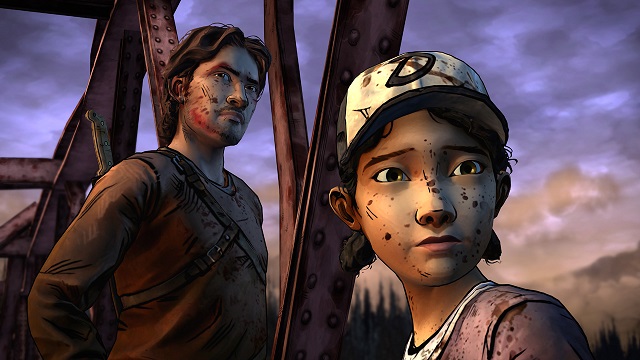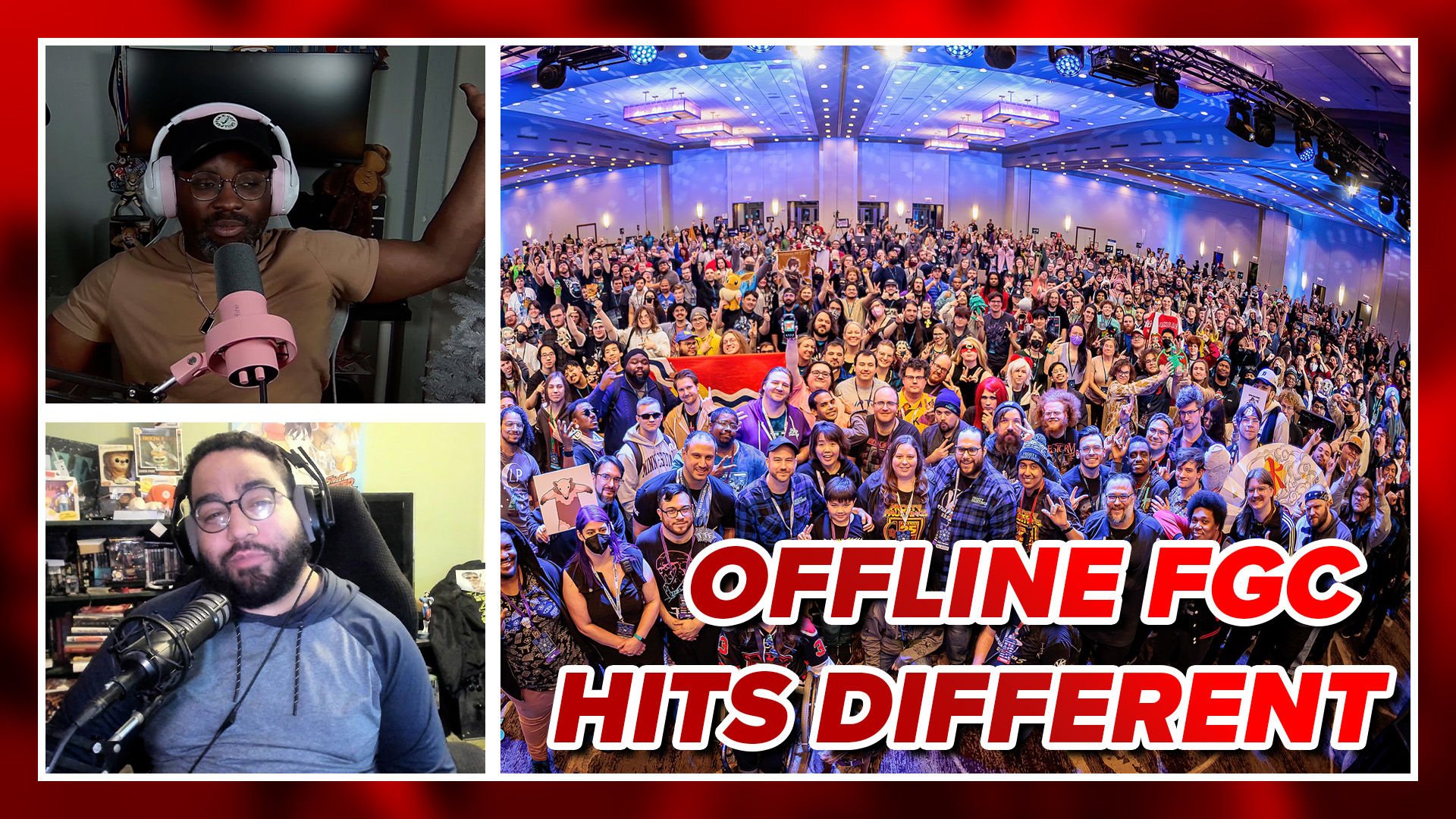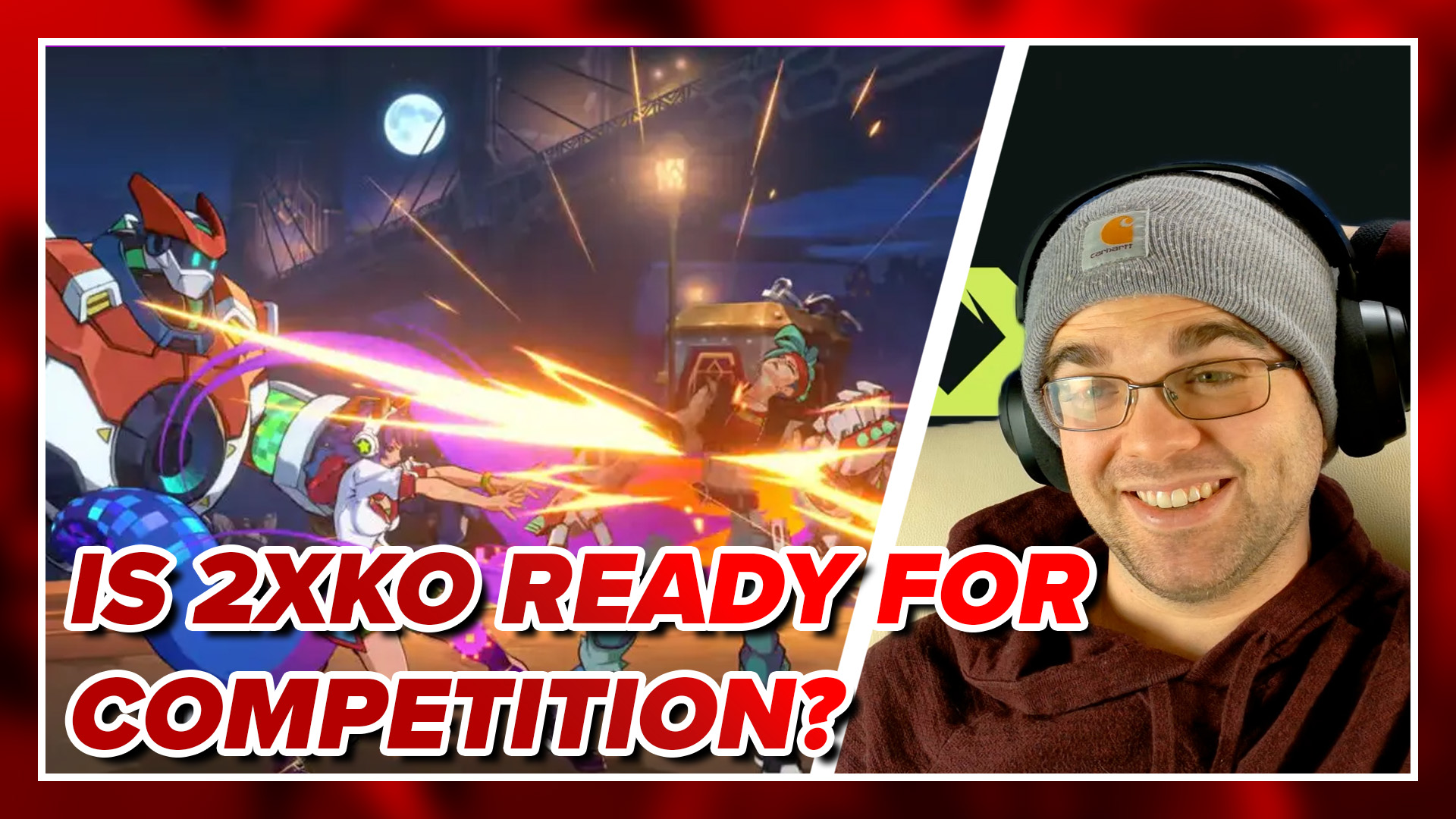Note: This review contains some minor, vaguely-put spoilers for The Walking Dead Season 2 Episode 1: All That Remains.
The Walking Dead Season 2 Episode 2: A House Divided threw some difficult decisions at me (as if anyone expected it not to), and as usual, the survivors within the apocalypse seem far more dangerous than the zombies involved. Really, it’s almost a relief to have the zombies show up since there is really only one option on what to do: kill them. With people, you have to be crafty and careful — planning what you do and say with no time to think about it. This episode builds up a high tension through your interactions with the people in it, leading to a difficult ending that sets up the events of the next couple of episodes quite nicely. Just the same, the screw-overs and deaths are getting a little predictable, although possibly for good reason.
I found many of the events over this and Telltale’s other series, The Wolf Among Us, were pretty shocking at first. I wasn’t really used to games working so hard to build up relationships with certain characters just to have them get killed a little bit later. It was really exciting and interesting, but after having played a couple of episodes I could pinpoint exactly who was going to die almost within minutes of hearing them speak. It can still be jarring when it occurs, but the game is almost predictable about who it’s going to kill in the way that it introduces and speaks about them. Suffice to say that nice people don’t live very long in this world, so if someone’s being kind to your character, they’re not going to live long.
As such, a great deal of this chapter has the feeling that it’s just spinning its tires so that we can have a five episode arc. Several characters are introduced and spoken to in ways that I knew they were going to die, and when I was right, I felt like my time had been wasted on them. Really, if a character is going to be introduced and then dealt with in a single episode without having much real effect on the main story arc, then what use were they? It did have an emotional effect on one of the characters and I will have to wait for future installments to know how integral this moment was for that character, but for now it just felt like padding for a relatively sparse episode.
Then again, that feeling of detachment and almost annoyance at seeing a kind character is an interesting effect. That tired sensation I get of “They’re gonna die.” when I meet someone nice reflects the general depression a character in this apocalypse would get. Looking at people as just another mouth to feed or a body to be killed is pretty bleak, and I’m starting to see other characters like that. The super nice people in this chapter had me rolling my eyes, wondering how long it would take them to die and stop interrupting the plot. Isn’t that terrible, in a way? The game has taught me to weigh people when I see them and decide whether I think they’ll live or die, making a decision on their importance based on my first impressions of them. If I don’t think you’re a survivor, I want you out of the plot so we can move on with the main story without you wasting my time.
It’s interesting that Telltale could make me complicit in this kind of attitude through what I first thought was sloppy or lazy storytelling. It seemed odd that Telltale, a developer that has done an excellent job with its stories so far, would keep tossing people at me just so they could die after having ’emotional’ moments. It felt like it was getting really predictable in its viciousness, but a part of that was to really drive home how horrible life in this world is for a nice person. In doing so, it has me feeling dismissive and almost resentful of new nice people as I think they’re just wasting my in-game time. While the ones in this chapter were unique and had decent backstories of their own, they still felt predictably ready to be killed when I talked to them. They felt like they’d been thrown in just to make me feel bad for them, but this had the opposite effect since I’d seen it all before. It left me feeling like I just wanted these people dead and out of the way – making me look at the game through the eyes of tired survivor who just wanted to move on. This transition has me seeing things in a whole new light, bringing me into what must be Clementine’s mindset at this point. So, while it seemed lazy and predictable at first, it appears that Telltale’s tricked me and done an excellent job again.
The tense moments are still out in force in the game as well. It’s not long into this episode that you have a difficult conversation with someone who made me nervous pretty much on sight. Part of me had forgotten how scary it is to be a child alone in a world of adults, and just how vulnerable Clementine is. When something bad happened in the first episode and she had to seek the help of several people, for some reason I never questioned that it was a good decision to go along with them. It never occurred to me that I might be dropping her right into the hands of someone who might do something terrible to her, or at the very least could do something to her. She needed help and I just took whatever I could find.
This episode reminded me just how bad that decision could have been in one single conversation. Clementine finds herself alone with a man, having to keep someone’s presence hidden from him. Instead of throwing the player into an action-filled sequence, you have to talk your way out of the situation, careful of what you say and where you look. This was hard to get through, as the man starts the conversation with a friendly, but obviously probing tone; one that had me worried about every single answer I gave. It really felt like it would explode into violence at any moment, and I knew I wouldn’t be able to do much about it if it did. I already knew this series was willing to kill me if I screwed up, and that thought had me afraid of what was going to happen if I made a single misstep.
Other, smaller decisions still felt like they were having large effects throughout the episode, as usual, and Telltale still manages to get me with how hard they can be. Having to make difficult decisions with no time hasn’t gotten easier over time, and the devs keep finding new ways to keep me on my toes. Even something as simple as who you sit beside while eating managed to stress me out, and I always wondered if I was making the ‘right’ decision, even if I sometimes wondered what I felt the ‘right’ decision was. Was I increasing my friendship level with someone who would help my chances of survival? Was that what I was hoping to achieve through my in-game decisions? Did I want to chum along with the stronger, more stable group so I could live? Was that how I was existing in the game now? Again, Telltale is really making me feel what the characters feel, and in ways that seem so fluid they were practically unnoticeable.
There is some combat and interaction for those that are looking for it from this episode, and it does have some nice set pieces and scary moments. It’s reached a point where I’m not all that frightened of the undead, though, as the moments with them seem a little too scripted and simple to get through compared to navigating the nuances of interactions with survivors. Telltale is trying to work around this with some cool set piece fights (like making your way across a decrepit bridge, fighting zombies while pieces of the ground keep falling out) and making the things you do in combat more intricate. I did enjoy these moments in the game, and some of the events were quite good, but it’s almost a little tiring to fight zombies when I could be dealing with the dangerous human threat instead. The fights do break up long moments of conversation nicely, though, and are a good reminder of why things are so messed up.
It’s the tense moments with the people that I’m coming to this series for, now. Those moments with people were almost starting to feel stale as I made my way through The Walking Dead Season 2 Episode 2: A House Divided, but all of that was a part of what I think Telltale Games’ overall plan is for the series. While some of the character deaths are starting to feel predictable and dull, it’s all a part of drawing me into the game world and making me feel like the characters there. I’m supposed to be getting tired of watch good people die – to be getting sick of the constant stream of bad people who enter Clementine’s life. It’s really immersing me in the game’s world, and doing so with great dialogue and plot. While this episode does feel like its walking familiar ground, it’s just driving the emotional state of the game’s world into the player’s mind, giving them a home in this terrible place. Now, we know what it feels like to be a survivor, which is quite a feat. This company never seems to stop impressing me, even when I initially think it’s being lazy.


![The Walking Dead Season 2 Episode 2: A House Divided [Review]](http://cdn.mashthosebuttons.com/wp-content/uploads/2014/03/ss_6b7230a417d09003439afc7406a2717b4256aaa3.1920x1080.jpg)
![The Walking Dead Season 2 Episode 2: A House Divided [Review]](http://cdn.mashthosebuttons.com/wp-content/uploads/2014/03/ss_2aaee5fe3d8af3f13f6d0700936c0424bdf21a4e.1920x1080.jpg)



